What is Compassionate Communication?
Compassionate Communication, better known as Nonviolent Communication (NVC), was created by Dr. Marshall Rosenberg in the 60s. It evolved from his quest to find a way of building a world where everybody’s needs matter and where we are equipped to transform conflicts.
NVC is a set of communication tools, but also a form of consciousness and a way of looking at the world through compassionate eyes. It’s a guide to creating ever-expanding circles of caring and respect in our families, workplaces, and communities. The intention of Nonviolent Communication is rooted in choosing the quality of our relationships over being right or wrong, winning or loosing.
NVC is practiced in more than 65 countries and is applied in all kinds of contexts such as schools, organizations, health and personal development.
Objectives
Compassionate Communication offers concrete tools.
On the personal level it allows to:
- connect to what we really want and make sure we will stand up for ourselves
- express ourselves with assertiveness and authenticity
- go through intense emotions without impacting negatively others
- grow in self-responsibility
- develop the capacity to receive and give with ease
In relationship with others, it helps to:
- develop the capacity to listen fully to others and create quality connections with family, friends and coworkers
- engage in difficult and challenging conversations with more ease and confidence
- go faster to win-win solutions that works for everyone
- express and receive feedback in a way that creates connection and understanding
Collectively, it contributes to:
- co-creating systems where everybody’s needs matters
- transforming conflicts into opportunities to learn
- creating organizations with high quality of relationships leading to better collaboration and well-being at work.
Key components
Compassionate Communication is based on four key elements:
Observations
What are they?
Observations are what we can perceive from the five physical senses. They are a clear description of reality, as neutral as we possibly can, and they are not mixed with thoughts and evaluations.
Why is it important?
Differencing what we perceive from our evaluations allows to step out of our limiting believes and interpretations. In interaction with someone else, it can allow to establish a common ground for dialogue.
Example:
Instead of saying: “You are always late”, we can say “You said you would come at 9:00am and you arrived at 9:15am.”
Feelings
What are they?
Feelings or emotions are based on body sensations. We use feelings words to describe the complexity of our body sensations.
Why is it important?
Feelings are telling us that something important is happenning inside of us. They indicate that some needs are either met or unmet. Feelings are a path to self-connection but also a path to connecting with others. Expressing our vulnerability is one of the most powerful ways to connect to another human being. Most human beings open up when they hear someone else share their vulnerability.
Needs
What are they?
Needs are expressions of what really matters to us. They are the “why” and the life energy behind all our actions. They are the values we stand for.
Why is it important?
Needs are the causes of our feelings. Connecting to them allows us to make sense of our experience. When we connect to what really matters, we can make choices that really answer our needs. We often mix up our needs with our strategies, which creates attachment to a specific person or action to meet a need. When in reality there are hundreds of ways to met needs.
Requests
What are they?
They are the “how” we choose to do things. Requests are specific strategies that we can ask ourselves or others to do to answer our needs.
Efficient requests respond to the 6 following criterias: framed in a positive way, realistic, concrete, clear, precise and negotiable. If no is not an option, requests are no longer requests, they are demands.
Why is it important?
Making clear requests is the best way to have what we want in life! It is also a way to take responsibility for our own needs.
Example: Instead of: “Don’t put your clothes all over the place!” we can say “For the next week, would you be willing to put your clothes in that drawer?”




